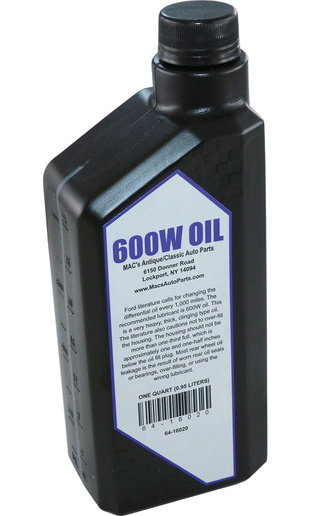perryjosh64
Member
Folks I m piggybacking on a previous post on related topic to gain knowledge. This is for a 64 Ford 2000 tractor. Have a slow trans leak going on that is worse during hot summer months (SW GA). Need to split tractor/replace seals but not ready for that. Original lubricant for trans was 80wt gear oil. Most recommendations now are to run 134D hydraulic oil in trans/hydraulic/rear.
The reason I m looking to go with 80 to 90wt gear oil is thinking a higher weight/ viscosity will slow or stop leak without killing tractor. Not a smart guy when it comes to oil ratings/viscosity/etc. and looking for knowledge on subject. So is 90WT fear oil thicker/higher viscosity than a 134D hydraulic oil?
The reason I m looking to go with 80 to 90wt gear oil is thinking a higher weight/ viscosity will slow or stop leak without killing tractor. Not a smart guy when it comes to oil ratings/viscosity/etc. and looking for knowledge on subject. So is 90WT fear oil thicker/higher viscosity than a 134D hydraulic oil?


